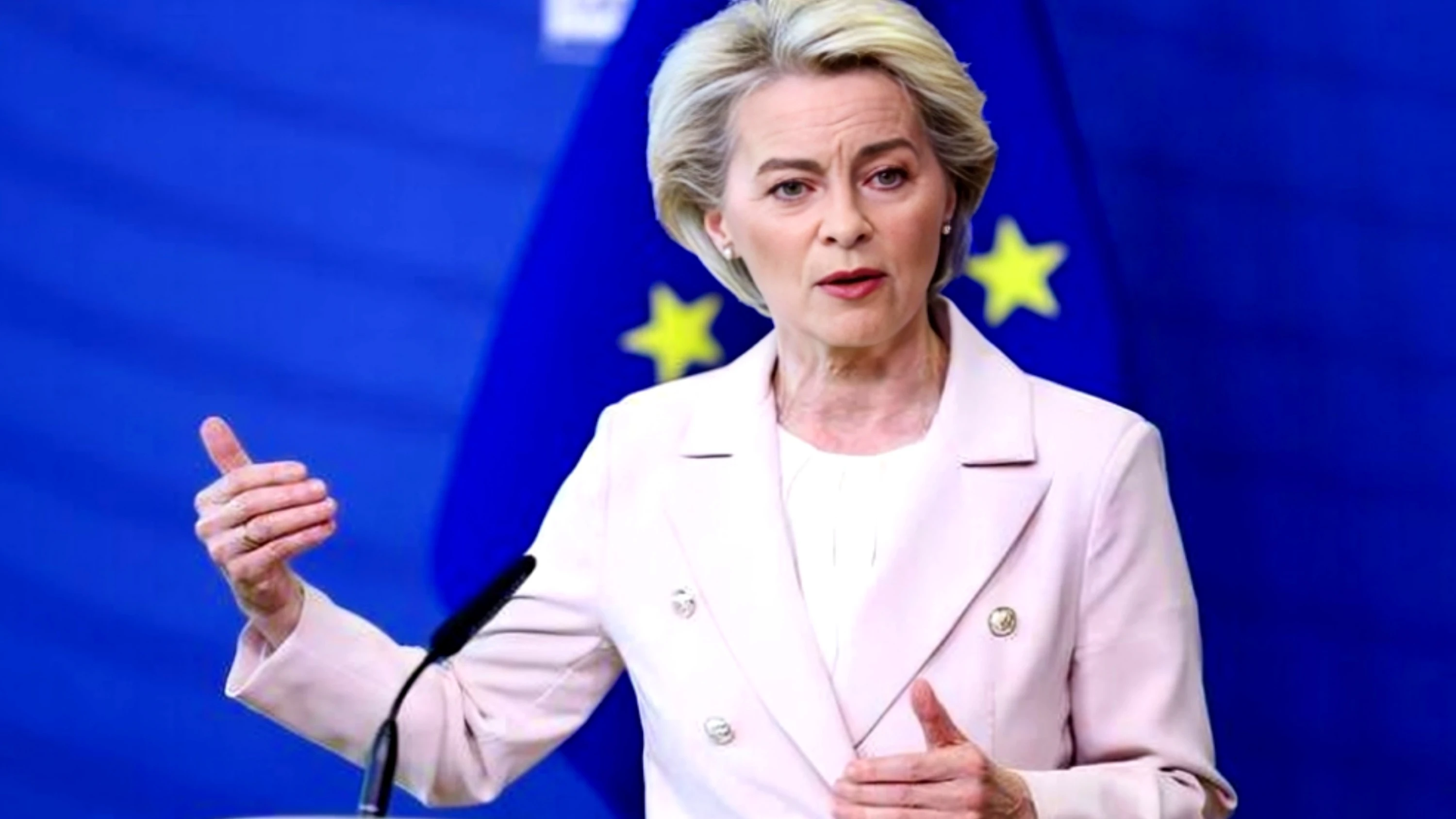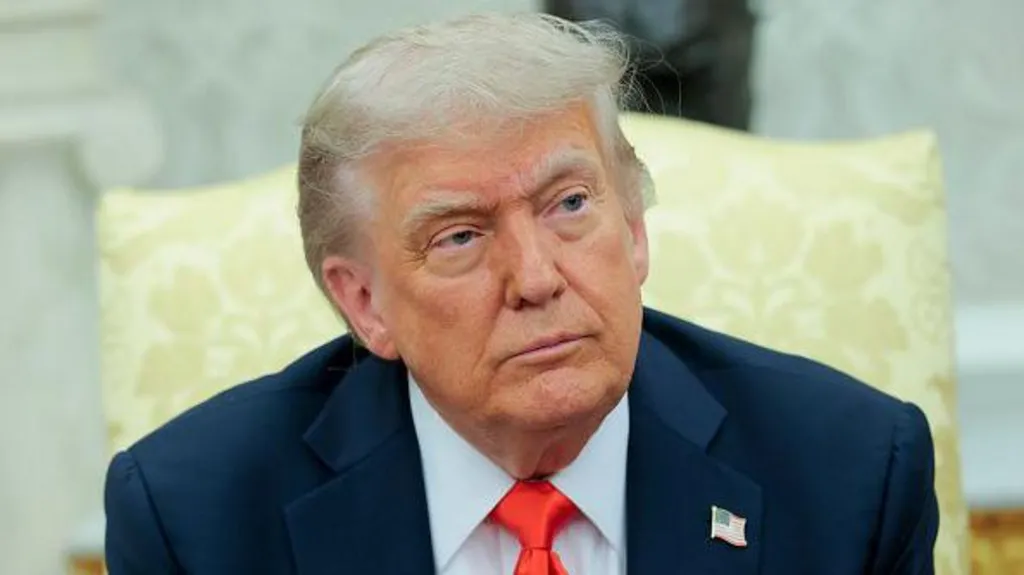Kuala Lumpur: Chinese President Xi Jinping has urged support for a global system grounded in the United Nations, international trade norms, and the rule of law as he continues his tour of Southeast Asia, a trip that comes at a time of heightened friction between China and the United States.
Currently in Malaysia as part of a three-country visit that also includes Vietnam and Cambodia, Xi is aiming to strengthen diplomatic and economic ties with regional neighbors as trade relations with the U.S. continue to sour.
In an opinion article published Tuesday by The Star, an English-language newspaper in Malaysia, Xi emphasized the importance of a UN-led international framework based on international law to foster “fairer and more just global governance.”
He stressed the need to preserve the multilateral trading system, stabilize global supply and industrial chains, and maintain an open, cooperative international environment.
These comments come as the U.S., under President Donald Trump, has taken a more protectionist stance. Trump's administration has implemented sweeping tariffs on a range of countries, causing significant global trade disruptions. China is currently facing tariffs as high as 145%.
Trump’s “America First” policy has also led to the U.S. withdrawing from the World Health Organization, cutting back on USAID, and reducing foreign assistance, contrasting sharply with China’s push to increase global trade partnerships and dismantle trade barriers.
Among the nations impacted by U.S. tariffs is Malaysia, which had faced a 24% tariff on exports to the U.S. before Trump recently announced a temporary 90-day suspension. Malaysian officials are now seeking relief from these duties through diplomatic channels.
Xi reaffirmed China’s commitment to working with Malaysia and the broader ASEAN community to resist geopolitical tensions, unilateralism, and protectionism. He highlighted the importance of continuing collaboration through China’s Belt and Road Initiative (BRI) and major infrastructure projects.
One such project is the proposed linkage of Malaysia’s $10-billion East Coast Rail Link to other Chinese-backed railway networks in Laos and Thailand, expanding BRI connectivity across the region.
Xi also expressed interest in boosting agricultural trade, welcoming more high-quality Malaysian produce into China. The statement was echoed by Chinese state media following Xi’s meeting with Malaysia’s King Sultan Ibrahim.
Xi is scheduled to meet with Malaysian Prime Minister Anwar Ibrahim later Wednesday, where further bilateral agreements are expected to be finalized.
China remains Malaysia’s largest trading partner, with bilateral trade reaching 484.1 billion ringgit (approximately $109.65 billion) in 2024, according to data from Malaysia’s foreign ministry.








